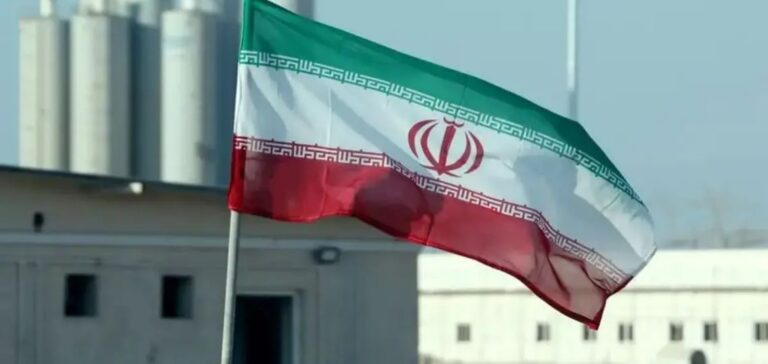Iran held discussions in Istanbul with Germany, France and the United Kingdom regarding the status of its civil nuclear programme, amid renewed diplomatic tensions with the United States. Iranian Deputy Foreign Minister Kazem Gharibabadi stated that the exchanges focused on lifting economic sanctions and indirect negotiations between Tehran and Washington.
The meeting followed a fourth round of US-Iran talks mediated by Oman, aiming to establish a new agreement regulating Iran’s uranium enrichment capacities. Since the United States’ unilateral withdrawal from the 2015 agreement, restrictions on Iran’s nuclear programme have become ineffective, generating legal uncertainty around its regulatory framework.
European dialogue and US warnings
Christian Turner, Political Director at the UK Foreign, Commonwealth & Development Office, confirmed that the participants in Istanbul expressed their willingness to continue discussions and welcomed the ongoing efforts between Iran and the United States. Meanwhile, US Secretary of State Marco Rubio met with his European counterparts to discuss developments in the Iranian dossier, stressing the need for a legally binding framework.
US President Donald Trump, during a visit to the Middle East, stated that Iran must “act quickly” to avoid unspecified consequences, claiming that a “written proposal” had been delivered to Tehran. However, Iranian Foreign Minister Abbas Araghchi denied the existence of such a document, refuting any direct or indirect receipt of an official offer.
Iranian conditions for a new deal
Iranian authorities declared their openness to a verifiable commitment, including a ban on nuclear weapons production, the elimination of highly enriched uranium stocks exceeding civilian thresholds, and the admission of international inspectors to its facilities. In return, Tehran demands the immediate lifting of punitive economic measures imposed since the collapse of the Vienna agreement.
Uranium enrichment remains at the heart of the disagreement. Iran is currently enriching uranium at 60%, far above the 3.67% limit set by the 2015 accord but still below the 90% threshold for military use. Iranian officials indicated they would be willing to temporarily reduce both the level and volume of enrichment if sanctions were lifted.
Europe ready to reinstate sanctions
At the end of April, French Minister Jean-Noël Barrot stated that the E3 group would not hesitate to trigger the “snapback” mechanism outlined in the 2015 agreement, which allows for the automatic reinstatement of international sanctions if Iran threatens regional security. This measure remains one of the few functional regulatory levers under the current multilateral framework.
In a recently published op-ed, Abbas Araghchi warned European powers against adopting a confrontational strategy, insisting that Iran remains willing to negotiate within a framework of mutual respect. President Trump, for his part, said he had extended an “olive branch” to Tehran but noted that the offer would not remain on the table indefinitely.






















